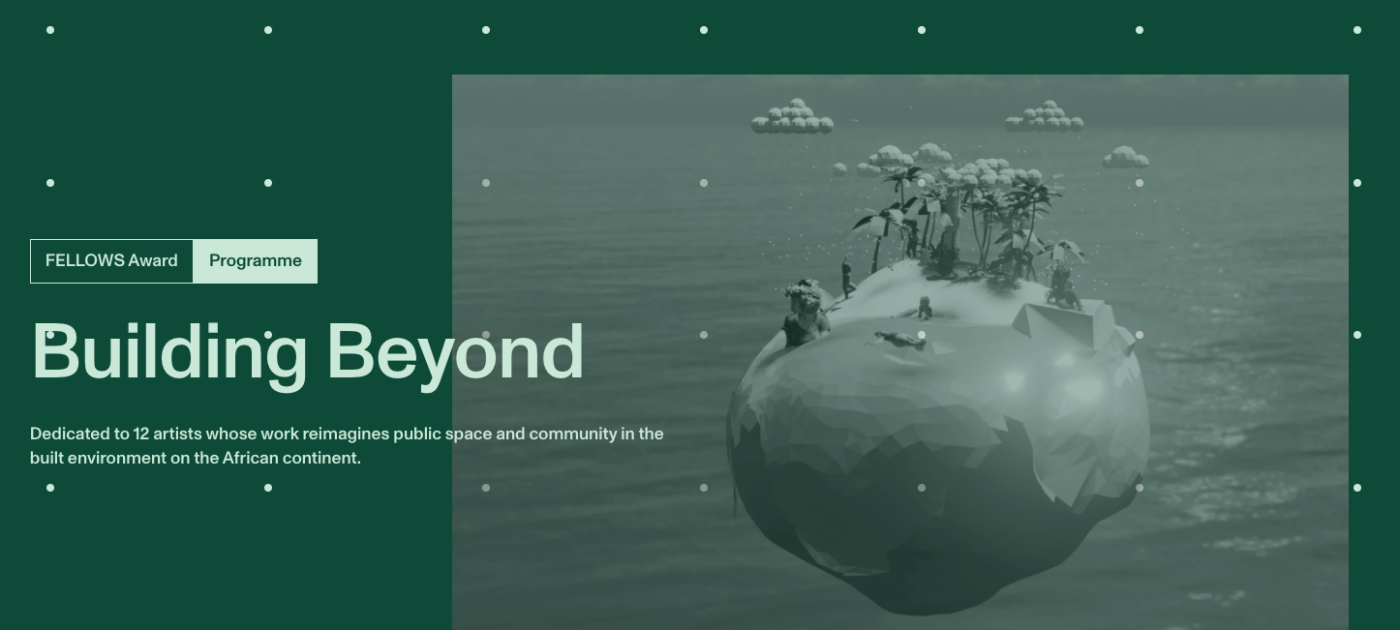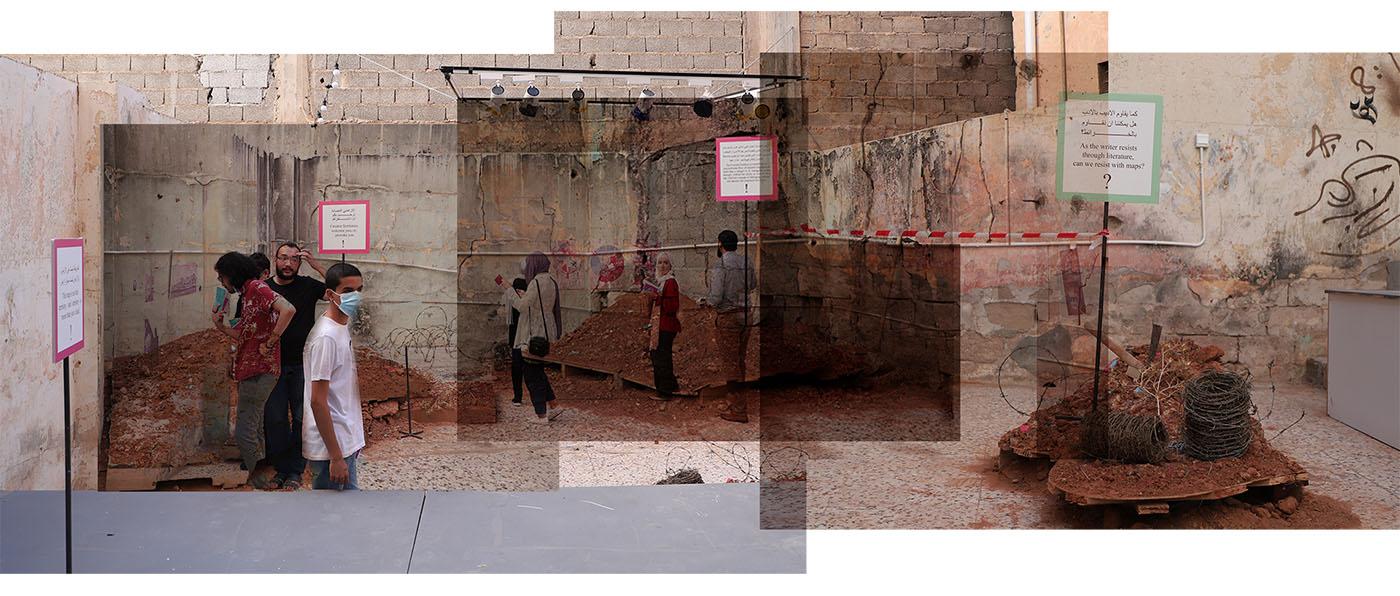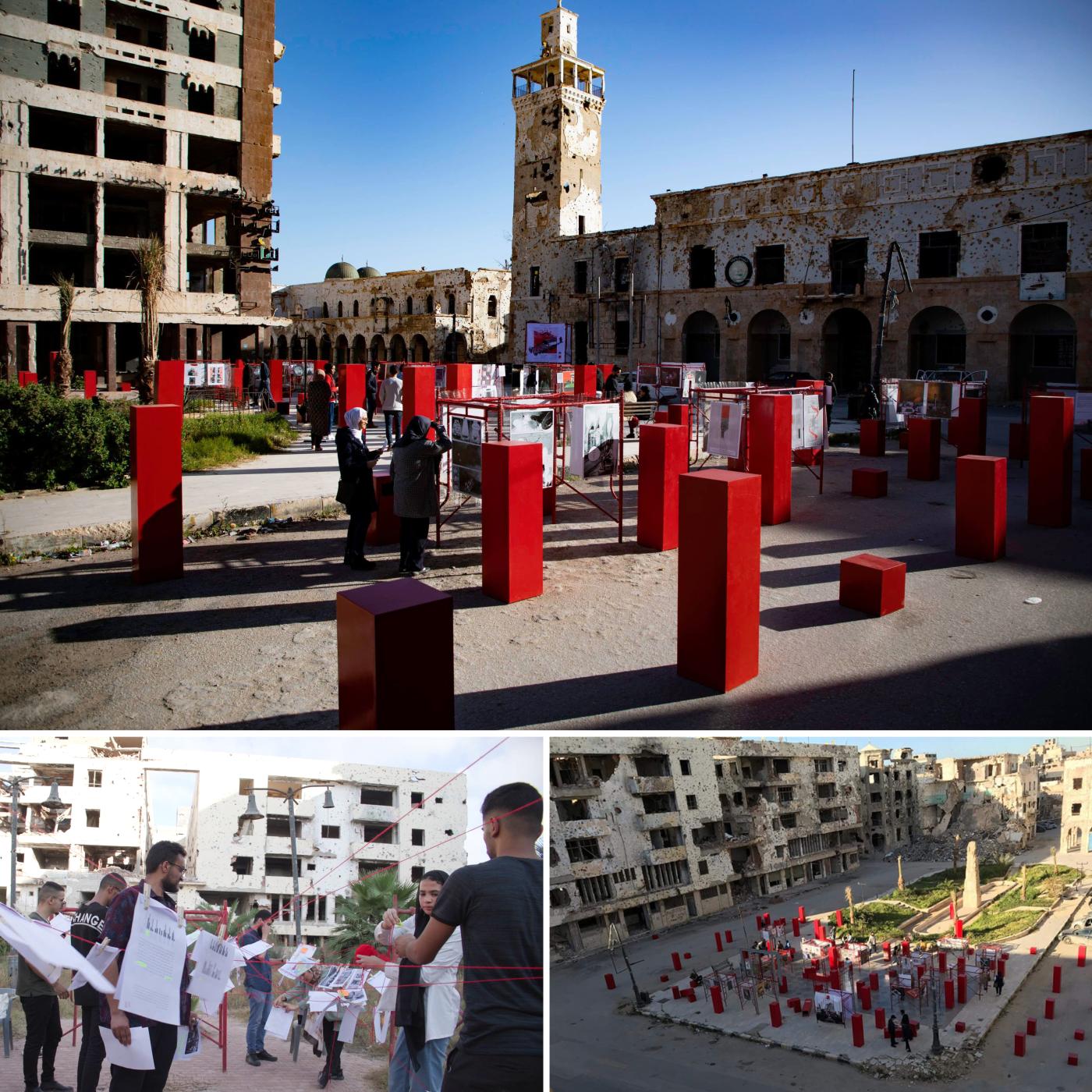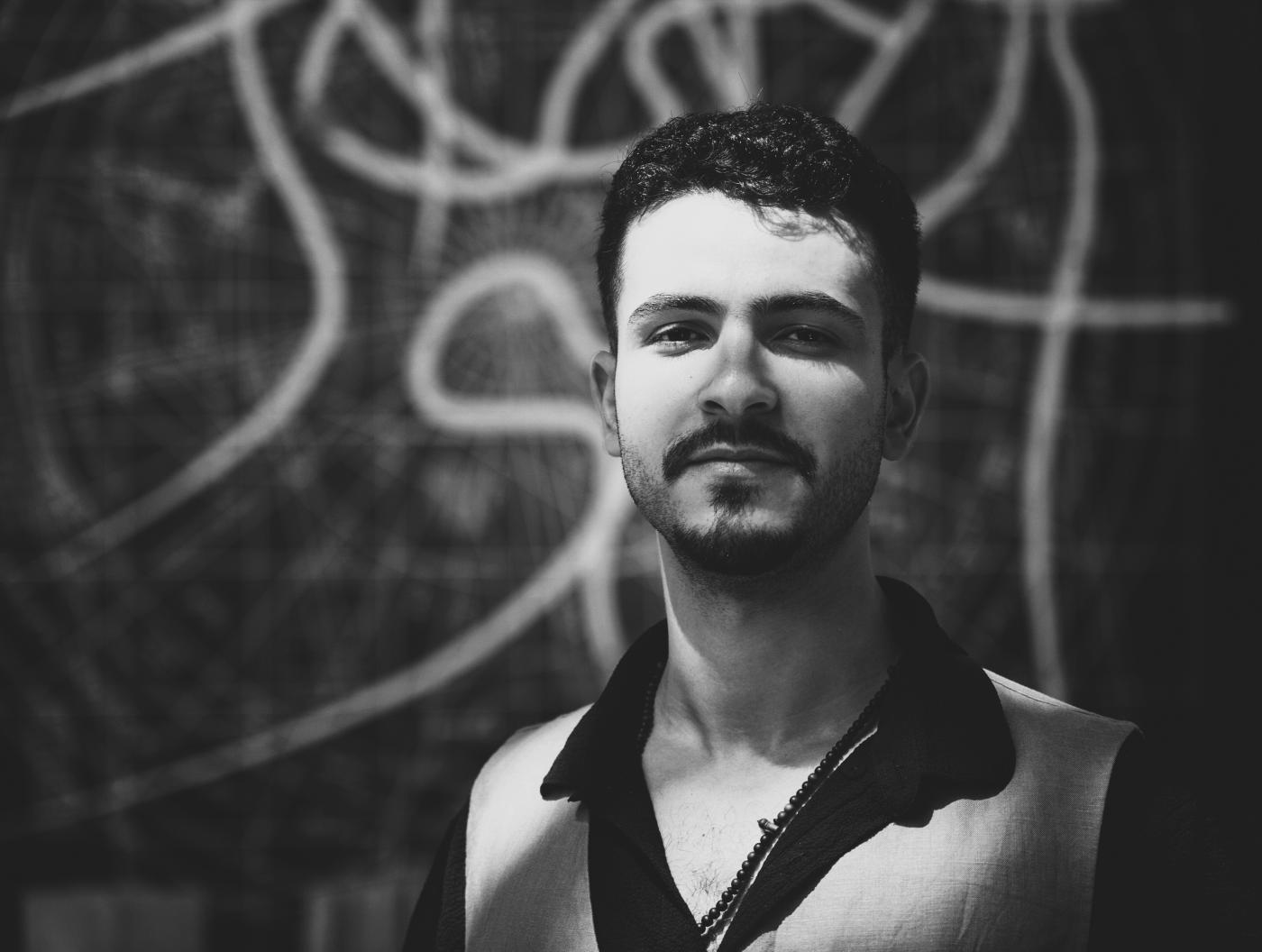Recent Urban Design Graduate Sarri Elfaitouri Named Fellow by the Prince Claus Fund

Recent Master of Urban Design graduate Sarri Elfaitouri (MUD '24) was named a 2025 Building Beyond Fellow by the Prince Claus Fund.
Developed in collaboration with Creative Industries Fund NL, Building Beyond is where artists from across the African continent come together to collectively respond to the built environment by engaging with relational worlds of communities and public space in diverse African contexts. Fellows receive €10,000 to invest in the further growth of their practice, engaging their communities, critically assessing how we live, and what the future could hold.
Elfaitouri joins 12 fellows for the 2025 program cycle coming from six countries, and represents the first fellow from Libya. The fellows cohort works in a wide range of design fields, including architecture, urbanism, digital design, research and performance, with an overarching focus on modular interventions with multiple community stakeholders. They will work with four expert mentors on projects that reimagine the future of public space, community, and functionality in Africa.
Elfaitouri developed his Building Beyond project Emergent Archaeologies in part through an independent study, advised by Associate Professor Mona El-Khafif and Assistant Professor César Lopez.

Through his multidisciplinary creative and research practice, TAJARROD Architecture and Art Foundation, Elfaitouri unpacks the urban fabric of Benghazi, its colonial legacy and its future, most recently following the March 2023 demolition of the city's historical center. In a recently published online interview with Naima Morelli, Elfaitouri explained, "Architecture in Libya is deeply entangled with the country's problematic past, rooted in fundamentalist, nationalist, and colonial ideologies. There is a necessity for reconstruction as a socio-cultural reform."

One of TAJARROD's recent projects that addresses this need for reconstruction is titled Tahafut, a three- day outdoor exhibition with workshops and programs that supported the work of 15 participants. Tied to the deep-rooted ideas of destruction and decay that have shaped Libya through years of wars and civil instabilities, the project used tactical and experimental art and architecture to emphasize the right to the city of Benghazi and its public spaces. Exploring Libya's intellectual heritage and identity, the project included talks that took place with the public, where topics such as freedom of speech and accessibility to public space were discussed. Tahafut also took on the interpretation of destruction and reconstruction of the city— reflecting on the project, Elfaitouri asked, "If there is destruction in the building environment, and we want to reconstruct this environment, what are the considerations of the destruction that is already happening or happened in the political system, in the social system, in the cultural system, in the economic [system], and what are our responsibilities as artists and architects towards that?"
|
Image

|
About Sarri Elfaitouri
Sarri Elfaitouri is an architect, artist, and curator based in Libya. He holds a Bachelor’s degree in Architecture and a Master’s degree in Urban Design as a Fulbright scholar. His work is centered on an interdisciplinary synthesis between architecture, art, and the social sciences, dedicated to generating a critical attitude towards the built environment and to investigating contemporary socio-cultural issues, identities and ideologies in the city. His works manifest as: research, theoretical architectural projects, art curation, and collage art.
Elfaitouri is the founder of the TAJARROD Architecture and Art Foundation, a research design practice aiming to critically reinvent the architectural and artistic discipline in Libya and beyond. He has published theoretical projects and essays online, and curated/participated in several exhibitions locally and abroad.
The Prince Claus Fund is a Dutch organization that supports cultural and artistic initiatives, particularly in regions where cultural expression is under pressure due to conflict, poverty, or marginalization. Established in 1996 and named after Prince Claus of the Netherlands, the fund promotes freedom of expression, cultural resilience, and inclusive societies by providing grants, awards, and mentorship programs.
|
Image

|
For more information on the Prince Claus Fund, visit www.princeclausfund.nl.
